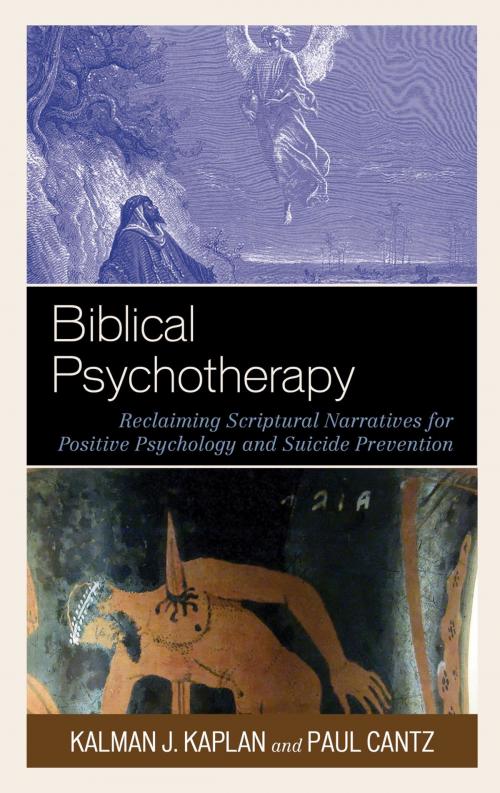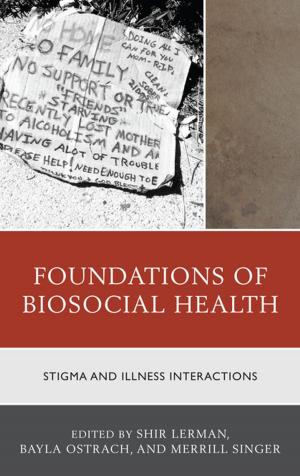Biblical Psychotherapy
Reclaiming Scriptural Narratives for Positive Psychology and Suicide Prevention
Nonfiction, Health & Well Being, Psychology, Counselling, History, Ancient History, Greece, Rome| Author: | Kalman J. Kaplan, Paul Cantz | ISBN: | 9781498560825 |
| Publisher: | Lexington Books | Publication: | November 29, 2017 |
| Imprint: | Lexington Books | Language: | English |
| Author: | Kalman J. Kaplan, Paul Cantz |
| ISBN: | 9781498560825 |
| Publisher: | Lexington Books |
| Publication: | November 29, 2017 |
| Imprint: | Lexington Books |
| Language: | English |
Biblical Psychotherapy, Kalman J. Kaplan and Paul Cantz offer a new approach to suicide prevention based on biblical narratives that is designed to overcome the suicidogenic patterns in Greek and Roman stories implicit in modern mental health. More than sixteen suicides and self-mutilations emerge in the twenty-six surviving tragedies of Sophocles and Euripides and countless others occurred in Greek and Roman lives. In contrast, only six suicides are found in the Hebrew Scriptures, in addition to a number of suicide-prevention narratives. Kaplan and Cantz reclaim life-enhancing biblical narratives as alternatives to matched suicidal stories in Greek and Roman society with regard to seven evidence-based risk factors. These biblical narratives are employed to treat fourteen patients fitting into the outlined Graeco-Roman suicidal syndromes and to provide an in-depth positive psychology aimed at promoting life rather than simply preventing suicide.
Biblical Psychotherapy, Kalman J. Kaplan and Paul Cantz offer a new approach to suicide prevention based on biblical narratives that is designed to overcome the suicidogenic patterns in Greek and Roman stories implicit in modern mental health. More than sixteen suicides and self-mutilations emerge in the twenty-six surviving tragedies of Sophocles and Euripides and countless others occurred in Greek and Roman lives. In contrast, only six suicides are found in the Hebrew Scriptures, in addition to a number of suicide-prevention narratives. Kaplan and Cantz reclaim life-enhancing biblical narratives as alternatives to matched suicidal stories in Greek and Roman society with regard to seven evidence-based risk factors. These biblical narratives are employed to treat fourteen patients fitting into the outlined Graeco-Roman suicidal syndromes and to provide an in-depth positive psychology aimed at promoting life rather than simply preventing suicide.















